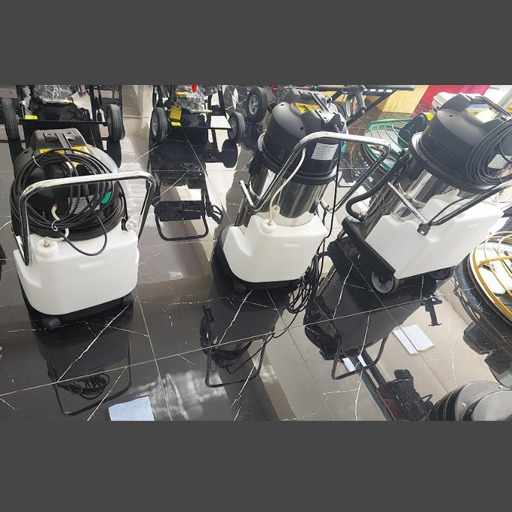Imagine stepping into a spotless living room where every corner gleams and the air feels fresher. This level of cleanliness is not just about aesthetics—it's about creating a healthier, more comfortable space. In many homes, traditional sweeping methods still dominate, yet they often leave behind dust and allergens that can impact indoor air quality. This is where modern cleaning appliances come into play. This article explores the benefits of using a vacuum cleaner Kenya, its growing demand, and what to consider when purchasing one. With hygiene being more important than ever, understanding the right equipment for the job is essential.
The Rise of Vacuum Cleaners in Kenyan Homes
Over the past decade, households across Kenya have witnessed a shift in their cleaning routines, with technology-driven solutions becoming more popular. The growing urban population, busy lifestyles, and awareness about hygiene have led to a steady increase in demand for cleaning devices. A vacuum cleaner Kenya is now seen as a vital tool, not just a luxury. Its ability to remove fine dust, hair, and allergens has made it indispensable, especially in homes with pets or children. Additionally, many models are now designed with energy efficiency and compact storage in mind, making them ideal for urban apartments and small homes.
Why a Vacuum Cleaner is Worth the Investment
Vacuum cleaners offer more than just surface-level tidiness—they improve overall air quality by trapping airborne particles that traditional methods miss. In environments prone to dust or pollution, this added efficiency makes a significant difference. Moreover, today’s devices are engineered with advanced filtration systems, reducing the chances of respiratory issues caused by dust or mold. Investing in a reliable cleaner can also prolong the life of carpets, curtains, and furniture. The versatility of modern models allows them to be used on different surfaces like tiles, wood, or upholstery, further proving that a vacuum cleaner Kenya is not just useful but essential for a healthier lifestyle.
How Much is a Vacuum Cleaner in Kenya and What Affects the Price
A common question many shoppers ask is, how much is a vacuum cleaner in Kenya? The price largely depends on several key factors including brand, suction power, size, additional features, and whether it is corded or cordless. Basic handheld models can cost as little as KSh 5,000, while high-end options with advanced HEPA filtration and multiple attachments can exceed KSh 30,000. Availability of spare parts and after-sales support also plays a role in determining the value of the investment. Understanding one’s cleaning needs can help in selecting a model that offers the best performance within budget, without overspending on unnecessary features.
Key Considerations When Buying a Vacuum Cleaner
When choosing which vacuum to buy, it’s important to ask more than just how much is a vacuum cleaner in Kenya . Consider the type of flooring in the home and the amount of daily traffic. For example, high-suction upright models work better for wall-to-wall carpets, while canister or stick models are ideal for hard surfaces and tight spaces. Filtration is another important factor, especially for people with allergies or asthma. Some models come with washable filters while others use replaceable ones. Additional features like noise levels, battery life (for cordless models), and the ease of emptying the dust bin also contribute to the final decision.
Maintaining Your Vacuum Cleaner for Long-Term Use
After purchasing a vacuum cleaner, proper maintenance ensures it continues to perform efficiently. Regularly checking and cleaning filters, emptying the dust bin, and inspecting for blockages can prevent damage and extend the lifespan of the machine. It’s also advisable to store the unit in a dry, clean environment to avoid motor damage. Though many people may overlook this, keeping the wheels and nozzles clean will help in smoother operation. Some vacuums come with self-cleaning brush rolls or indicators that alert users when servicing is needed, making upkeep simpler. Investing time in care can save money and frustration in the long run.




Write a comment ...